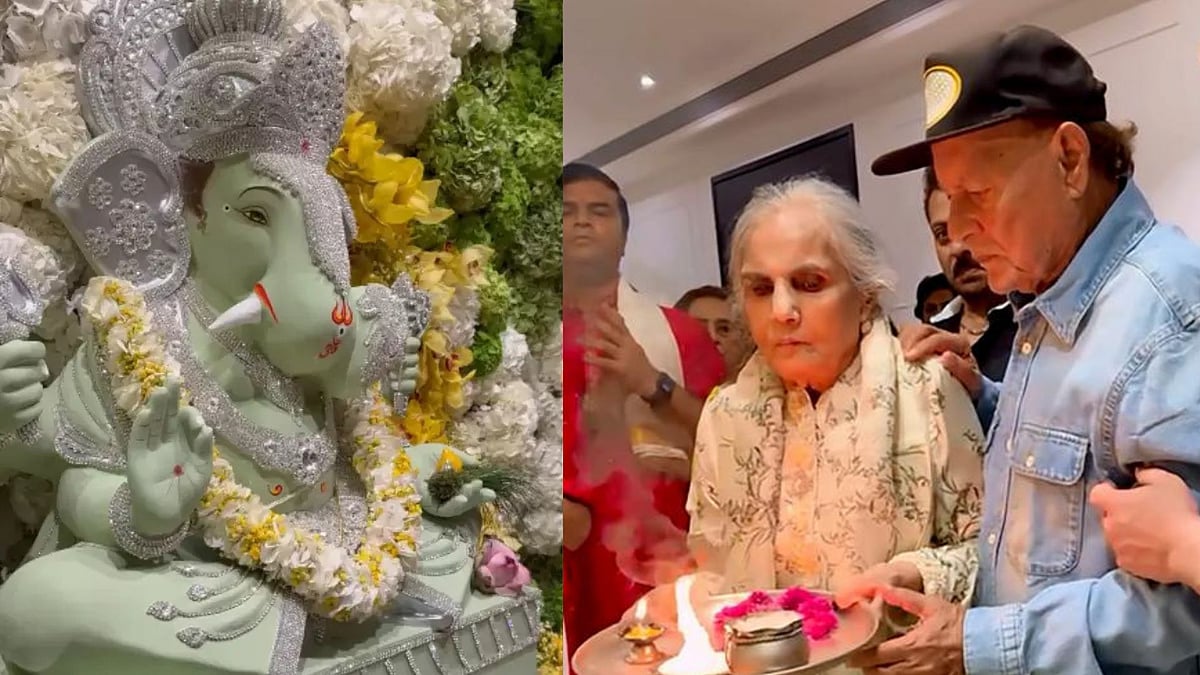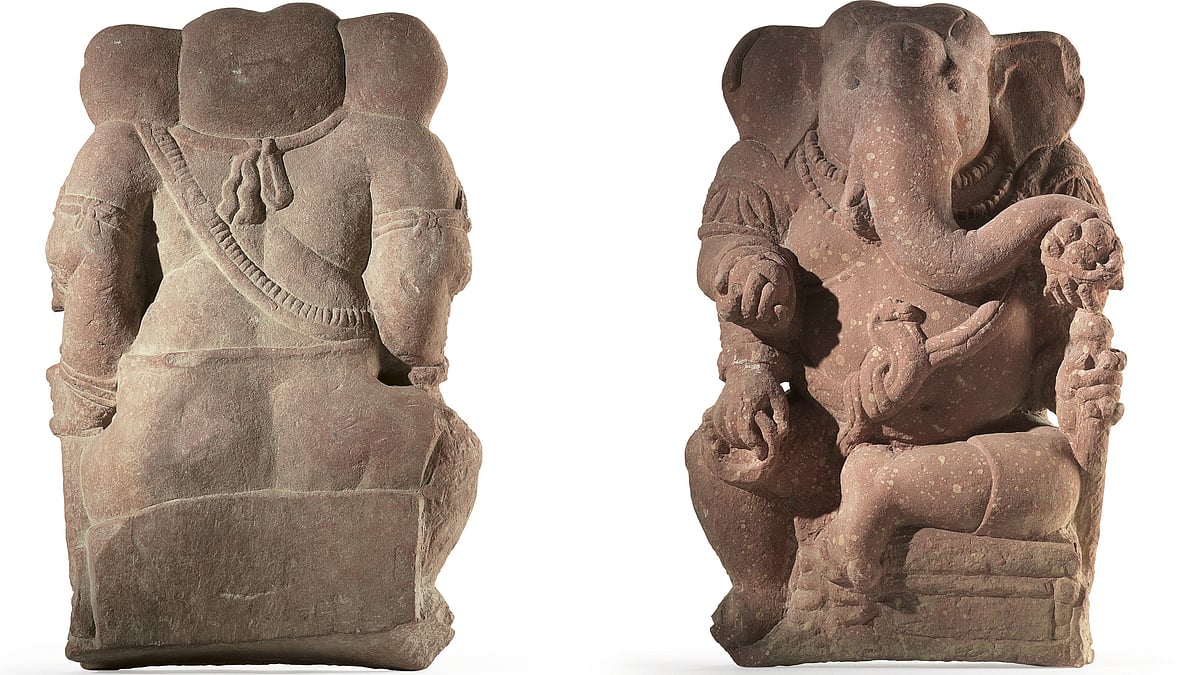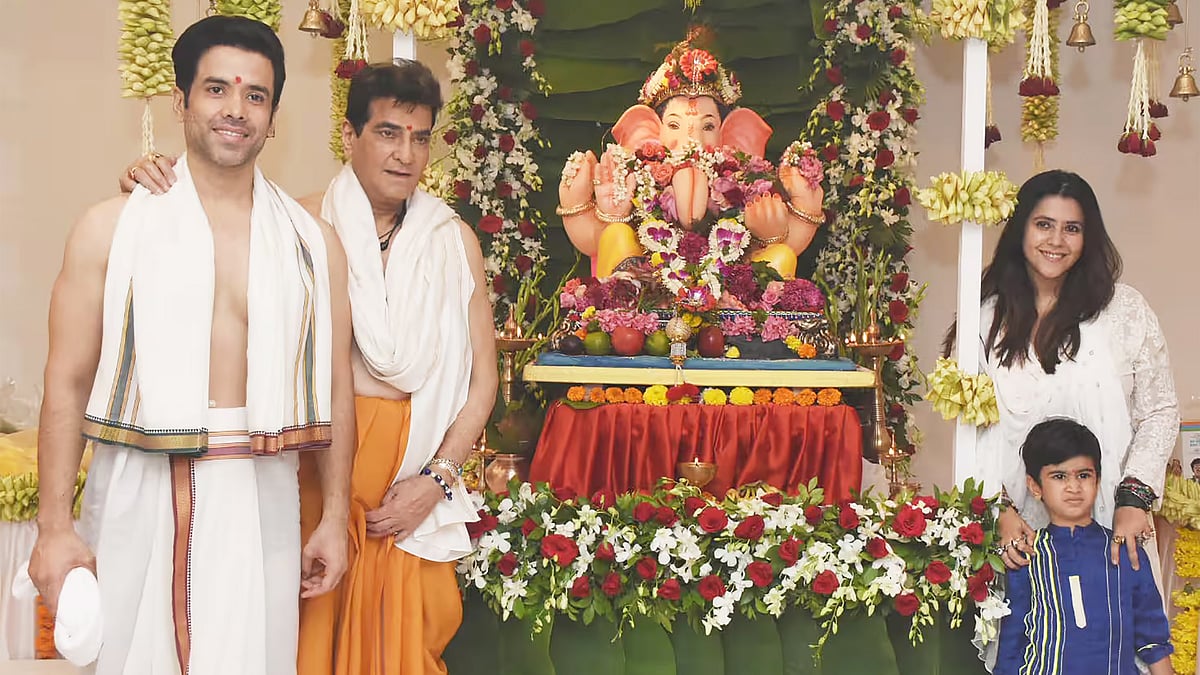Conflicts and disagreements are a routine matter in any healthy relationship. Rather than ruining relationships, they can prove to be an opportunity to strengthen bonds, if disagreements are confronted fearlessly rather than being avoided. Conflicts usually arise when one or both parties involved perceive a threat. Regardless of whether the threat actually exists, the feeling of insecurity created can continue to fester and grow when left unacknowledged. Hence, knowing what to say and when to say it in an argument can ensure lasting bonds that thrive in the future.
Here are a few tips to help diffuse tension the next time you find yourself in a heated conversation:
Shift context
When you feel stuck in a sticky situation, your response often gets triggered based on your perception- motivated by factors like life experiences, cultures, values and beliefs. In such moments, being aware and in control of your emotions can ease the flow of communication without feeling the urge to threaten, intimidate or punish others. “The secret lies in empathy and perspective-taking. When you genuinely try to understand where the other person is coming from emotionally and contextually, the nature of the conflict shifts. Approach the problem, not the person,” says Dr Sandeep Vohra, renowned psychiatrist and founder of nwnt.ai Connecting to strong emotions of anger, sadness and fear within yourself can help you better understand what’s troubling others.
Relieve stress
Staying centered and in control of yourself helps alleviate the angry, withdrawn or tense responses elicited when one is overwhelmed. “Take a pause, breathe, and create a moment between stimulus and reaction. Speak in a calm, steady tone and use “I” statements, such as “I feel upset when...” instead of “You make me angry.” This avoids triggering defensiveness,” adds Dr Vohra. Engage one or more of your senses and take time to discover things that comfort you. Stress relief helps you accurately read another’s non-verbal cues while being in touch with your own needs.
Role of body language
Non-verbal communication through careful judgement of body language helps people respond to tense situations by building trust. Picking up on cues can help you better understand what the person truly wishes to communicate and helps develop emotional awareness. A calm tone of voice, reassuring touch and engaged facial expression can work wonders.
Scoring vs settling
Conflicts take a spin for the worst when people shift focus from the topic at hand to unresolved and irrelevant issues from the past. In such a situation, an unspoken contest of scoring points rather than settling the matter is created. As Dr Vohra adds, “People also fall into the trap of false dichotomies, seeing issues in extremes rather than shades of grey. These errors shift the focus from problem-solving to point-scoring.” Rather than re-hashing things from the past, consider whether the issue at hand even requires the amount of time and energy you are investing. Shift the conversation towards battling the issue at hand currently. “Know what you can be flexible on and what crosses your boundaries. Self-respect comes from standing up for what matters to you but doing so without hostility. Compromise doesn’t mean submission. It means making space for another perspective without erasing your own. Communicate your boundaries respectfully, not rigidly. Ask yourself, “Can I give a little without feeling like I’m losing myself?” suggests Dr Vohra.
Use of humour
Humour, if included for the right reasons, can be a quick icebreaker to help thaw negative sentiments. Sometimes, when a conversation seems to be heading nowhere, it’s better to disengage and end matters on a light note with a joke or two. However, there is a fine line between laughing with someone and laughing at someone. As long as that boundary is maintained, jokes can be a powerful way to say things you’re unable to express without offending someone. It helps diffuse the tension and anger in any particular scenario and reframe problems by putting the solution in better perspective. If utilised the right way, a funny twist to an argument can materialise into an opportunity for better growth and intimacy. As Dr Vohra suggests, “Dealing well with conflict starts with responding, not reacting.”
Although frustrating in nature, successfully resolving a conflict can help you feel more secure in your relationship now that you accord more value to the person in front of you and bear trust in your ability to weather any storm.











